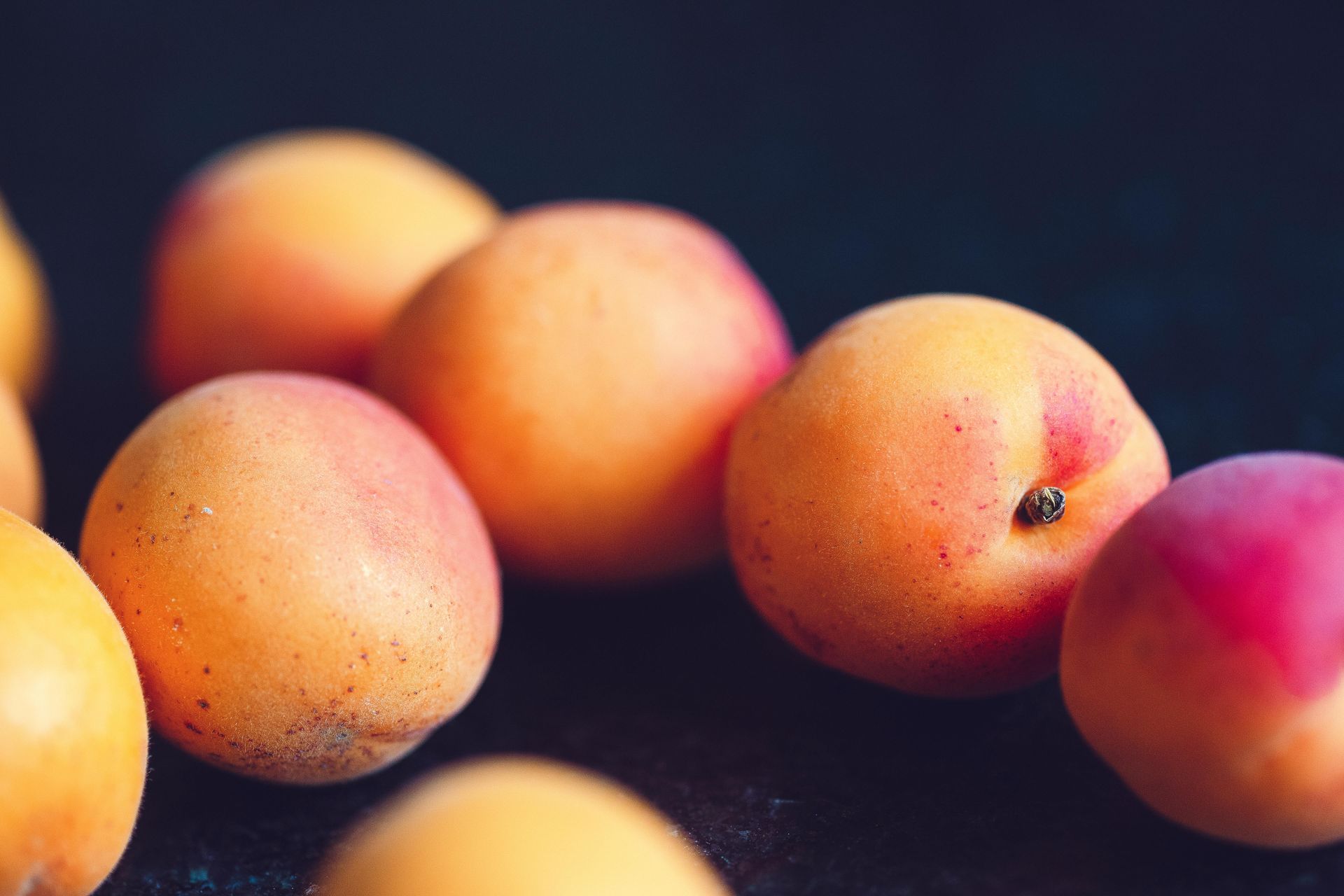May-June 2024 UK Ecoli outbreak remains a mystery
Ecoli is on the march again
“Whole genome sequencing of samples in the current investigation indicates that most cases are part of a single outbreak. Based on the wide geographic spread of cases, it is most likely that this outbreak is linked to a nationally distributed food item or multiple food items. The source of this outbreak is not yet confirmed but there is currently no evidence linking the outbreak to open farms, drinking water or swimming in contaminated seawater, lakes or rivers. The public health agencies are working with the Food Standards Agency (FSA) and Food Standards Scotland to investigate further.”
UKHSA
Ecoli is back, affecting people across the nation. The
UK Health Security Agency says testing indicates most of the 113 cases belong to a single outbreak.
So far the illness has affected 81 people in England, 18 in Wales, 13 in Scotland, and one person in Northern Ireland who had recently visited England. The UKHSA says the numbers of confirmed cases associated with the outbreak are expected to rise once more samples have been whole-genome sequenced.
What’s the source of the latest UK ecoli outbreak?
One expert, Professor Hugh Pennington from the University of Aberdeen, speculates it might be down to a ready-to-eat food item containing dairy products. Under cooked meat can cause the illness but because it’s unlikely so many people would have failed to cook their food properly at the same time, meat is probably not the source. Professor Pennington says it’s more likely to come from food that doesn’t need to be cooked before it’s eaten – in other words something ready-made.
Dairy products are a common source of ecoli, including cheese and ice cream. But as the Professor says ‘any food that is processed could in theory be contaminated’. The virus can also be carried by cattle, sheep and other livestock, spread to humans via an infected animal or their poo. But there’s more. In Cambridgeshire people who had been boating on the river Cam fell violently ill after coming into contact with the water at Sheep's Green, where ecoli levels apparently spiked. Whatever the cause, the latest ecoli outbreak has hospitalised at least 37 people. And while scientists are working on it, they might never uncover the source.
River safety shenanigans
The river Cam outbreak led the authorities to issue an urgent warming to people not to paddle at the tourist hotspot. The warning makes a lot of sense when levels of the ecoli bacteria at Sheep's Green were a worrying six times the approved level.
This too is a bit of a mystery, especially since the river was praised on 13th May this year as being safe to bathe in, against the advice of people in the
Friends of the Cam group. They’re just one of several groups that have been taking water samples that prove the river is ‘heavily polluted’. Locals say the contamination comes from sewage flowing out from an Anglian Water plant, made worse by farm run-off further up the river. Anglian water says it’s investigating.
Kill ecoli stone dead in seconds with clean, safe UVC light
The UVC light at the wavelength we use in our UVC disinfection units kills both Escherichia coli O157:H7 CCUG 29193 and Escherichia coli O157:H7 in seconds. It’s used in water purification plants to make water safe to drink, and has been used in healthcare settings like hospitals for decades to keep people
safe from a very long list of pathogens including viruses and bacteria.
If you’d like to disinfect your food facility quickly and effectively, whether it’s a production line or a sandwich shop, we can help with affordable, simple, cheap to run units that do exactly that.










